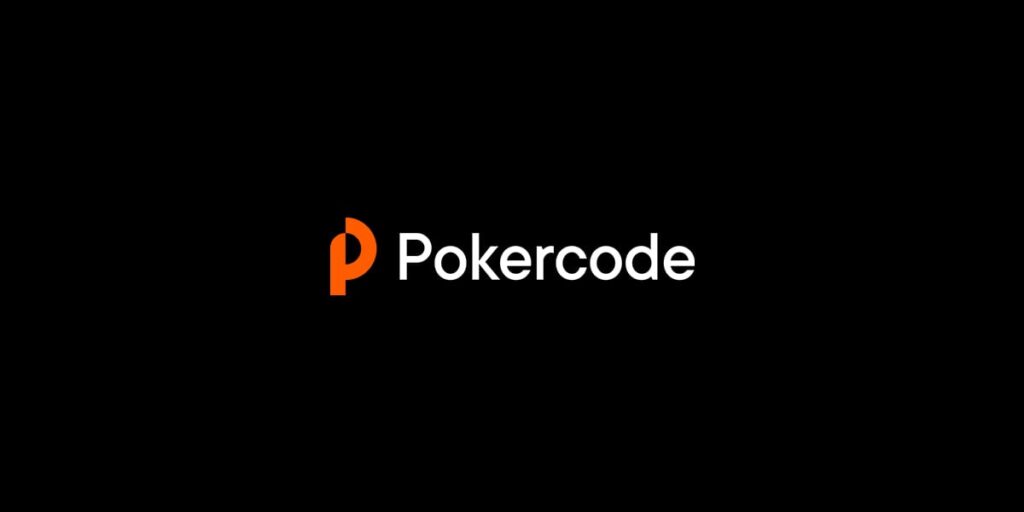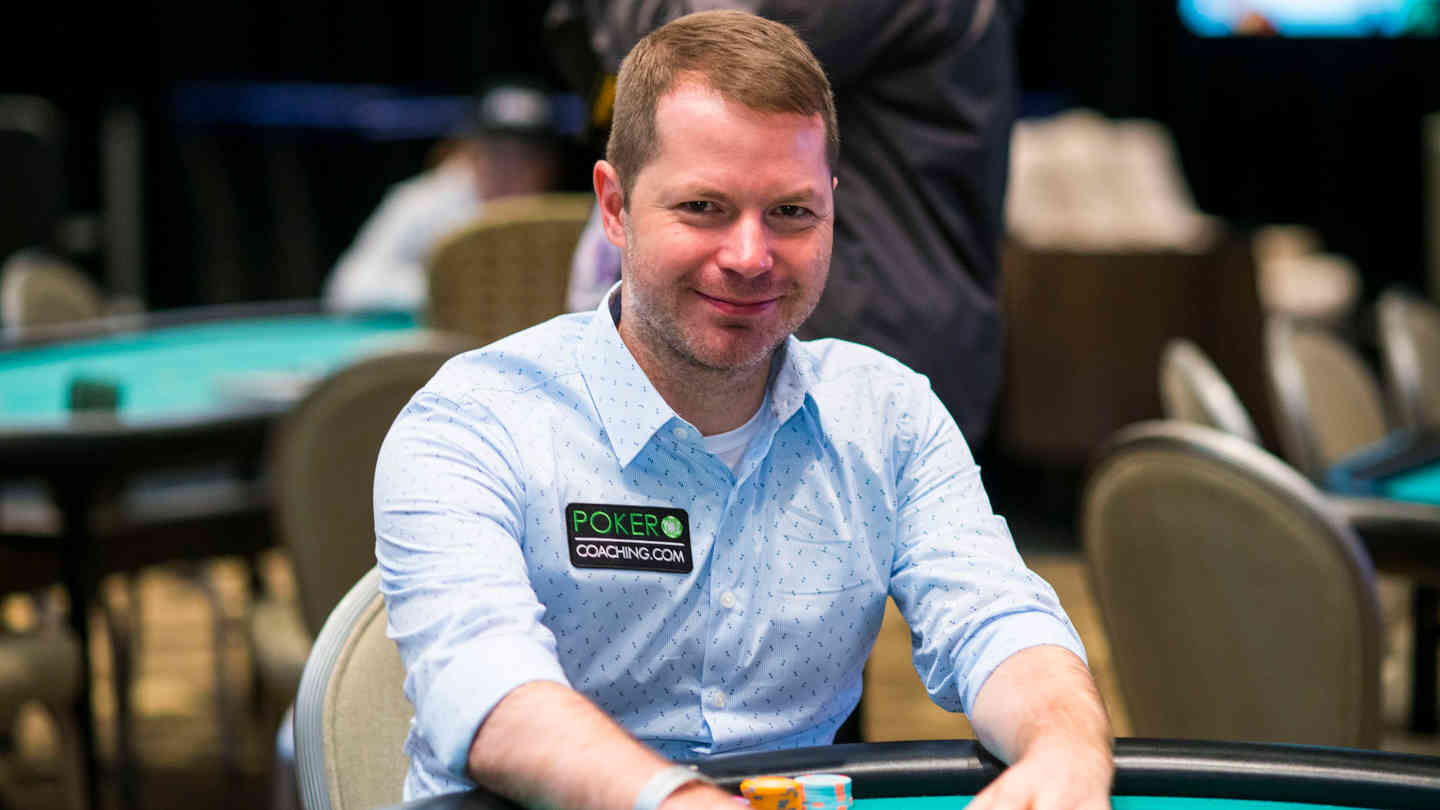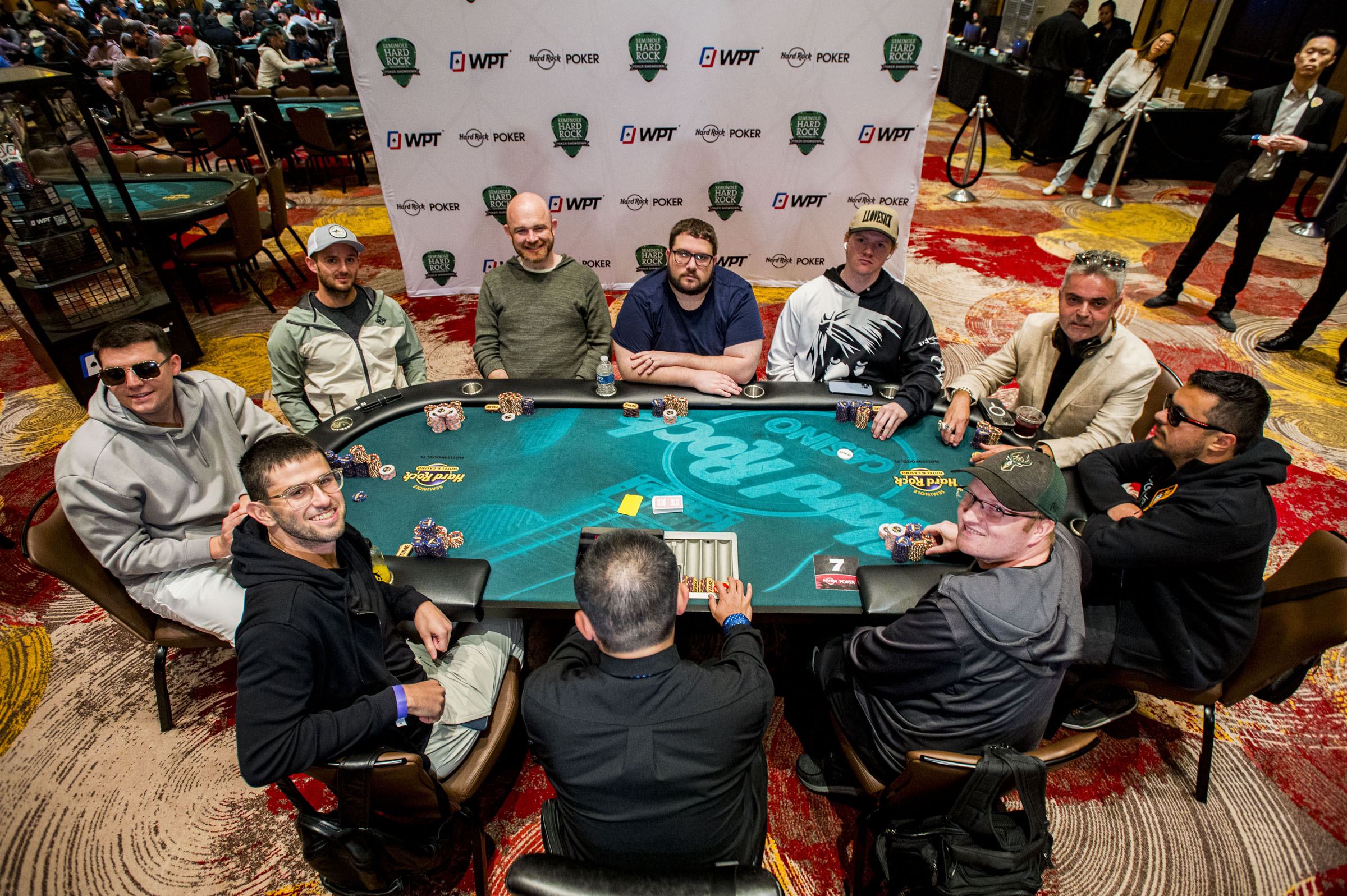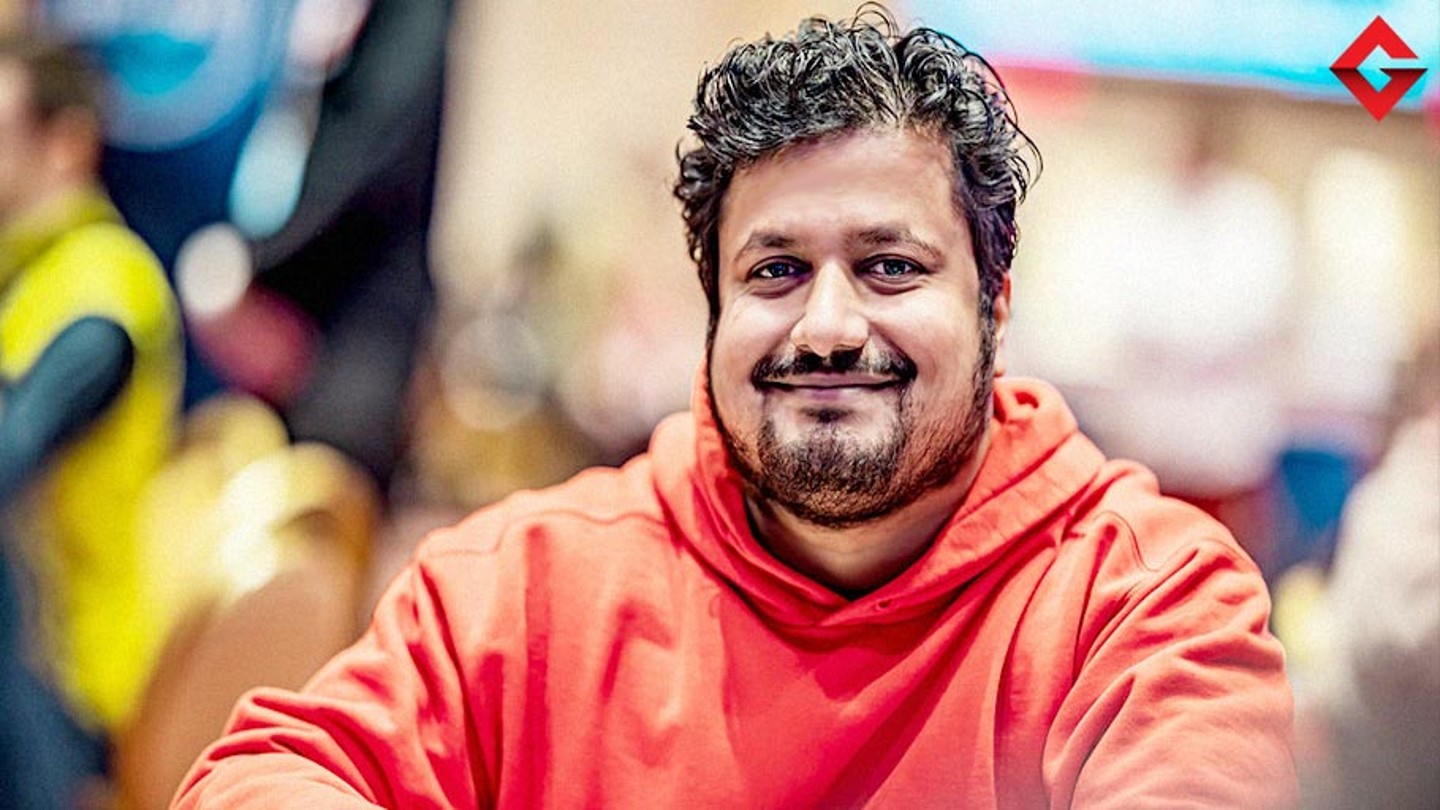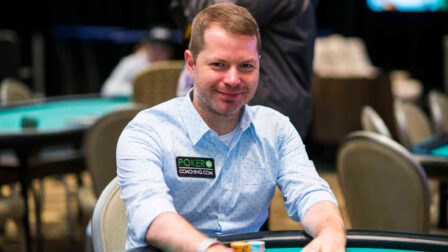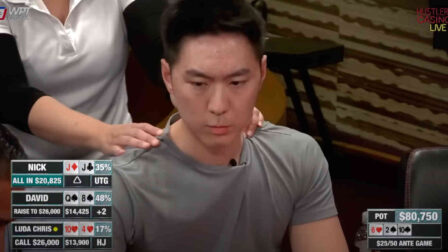Understanding the Importance of ICM in Poker – Expert Tips by Fedor Holz

3 minutes
Last Updated: November 5, 2023
If you want to become a top player in your games, make sure to learn from the best and check pokercode.com
…
You may have heard the term ICM used before, but if you’re new to poker, you might not know what this expression stands for and why it is important to understand.
ICM is, in fact, an acronym for the ‘Independent Chip Model,’ a mathematical formula devised to help players convert the value of their tournament chips into an actual monetary value.
The number is calculated based on your stack size, how it relates to the total number of chips in play, and, of course, the prize money distribution for the given event.
The Application of ICM in Tournament Play
ICM isn’t a part of standard poker rules, and learning about it isn’t required to play the game. However, this is a very important concept for those who spend most of their time playing MTTs and even sit and go’s.
One of the main goals you have as a poker player is to optimize your payouts, i.e., make plays that will result in the highest profit in the long run.
In tournament poker, it is of vital importance to account for the changing environment as payouts come into play. Your decisions will largely be dictated by the stack size and position at the table.

Player images courtesy of PokerGO
Failing to adjust your strategy to these parameters will lead to losses in terms of EV. This is especially true deeper in tournaments, in particular at final tables, where there are significant differences between payouts for each finishing position.
It is important to understand, though, that the ICM formula isn’t super-accurate. It is primarily a tool you should use to better understand how payouts cause changes in the environment and how you need to make certain strategy adjustments to account for these changes.
Chip EV vs. ICM Calculation
The simplest way to look at chip values is by using Chip EV, where every chip is worth its face value. For example, if there were three players left in a tournament that had a total prize pool of $1,000, a Chip EV distribution would look like this:
- Player A has 650 chips – their stack is worth $650
- Player B has 280 chips – their stack is worth $280
- Player C has the remaining 70 chips, so their stack is worth just $70
This is a very simple approach that doesn’t take into account any other factors (skill difference, future events, etc.).
The ICM model is somewhat more complex, and it tries to look beyond just the number of chips. When calculating the value of any individual stack, it pays attention to things such as position, stack depth, and the prize distribution model.
For example, the shortest stack will often have a higher ICM value than what they’d get using the Chip EV model.
The whole ICM formula is fairly complex, and you can learn more about how the numbers are worked out in my video below.
The good news is, you don’t really have to know all these numbers by heart. There are many ICM calculators available online, so if you need help figuring out an ICM chop in a tournament, you can simply punch in the numbers.
You don’t need to learn all the complex math behind ICM, and your study time will probably be better used elsewhere.
However, if you’re new to tournaments, it’s very useful to be aware of this concept and have at least a basic understanding of it to help you make better decisions when it really matters.



